What is it like to be making wines in the extremely remote Northeast China? What is a ‘good vintage’ there? DecanterChina.com speaks exclusively to John Salvi MW to find out his experience as the winemaker of Changyu’s Xinjiang estate.

The unexpected adventure
It all started when he heard the story about the oldest wine producing company in China, and decided to arrange a visit.
‘People think that everything (in the wine industry) is brand new in China, but this (Changyu) was founded in 1892,’ John Salvi MW told DecanterChina.com.
He was introduced to Dr LI Jiming, chief engineer (chief winemaker) of Changyu during his trip to the producer’s ‘positively enormous’ head office in Shandong.
The visit then brought him to the president of Changyu, who asked him whether he would like to become the winemaker of the company’s new project—Chateau Changyu Baron Balboa in Xinjiang.
‘It took me about 10 seconds to say yes please,’ said the MW. ‘At my age, I was never expecting to be given anything that exciting to do.’
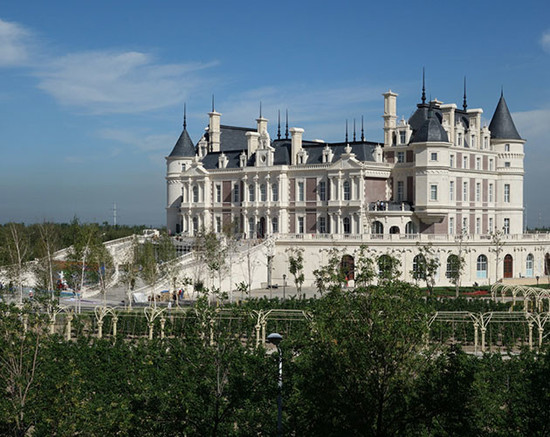
Into the heart of Xinjiang
Situated deep in the remote Northeast China, Xinjiang is China’s biggest source of table grapes and one of the biggest wine producing regions.
Similar to Ningxia, Cabernet Sauvignon, Merlot and Syrah are the key red varieties planted here, plus a little Chardonnay and German Riesling.
Though China is yet to identify a quality indigenous variety, these international grapes seem to be doing all right in these extremely dry and airy lands. ‘Sand, clay and limestone,’ are the key soil types, said the MW.
Like most of the winemaking regions in the northern China, vines need to be buried into the ground to endure the extremely cold winter though in summer the temperature can get very high. Many are concerned about the potential damage this may cause to the vines, including possible dehydration, which may damage the roots.
That’s not a problem here, stressed Salvi. ‘We put water in the trenches and we water the vines before burying them in order to avoid any dehydration.’
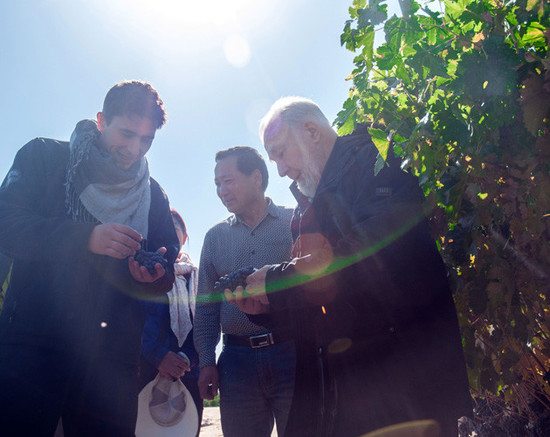
The Harvest
Even with the huge numbers of pickers, it still takes from the second half of August until the beginning of October to cover the vast 7000 hectares of vineyards of Chateau Changyu Baron Balboa.
Because of the dry climate, there’s almost no illness. ‘No insect problem, no parasites and almost no rot. Occasionally we get a tiny bit of downy rot but that’s all we get.’
Everything is done by hand, and the grapes harvested are usually ‘beautifully healthy’ when they arrive.
At the time of harvest, it’s not unusual for the winery to see 40 to 50 trucks lined up, piled with grapes to deliver. Even with two parallel lines running 24 hours per day, it still takes some time for fresh grapes to be processed.
‘It would be dreadful in Bordeaux,’ as the massive amount of grape may get oxidised before pressing and affect the freshness in the flavours, said the Bordeaux-based MW, who used to make wines at Chateau Palmer.
With the bone dry climate in Xinjiang, however, not yet crushed grapes can wait for 24 hours in their plastic boxes ‘without the danger of oxidation’.
State-of-the-art machinery also supports the operation by automatically registering the time of arrival, alcohol level and sugar contents of the grapes.
What is a ‘good year’ in China
‘We’re very proud that in a good year we can reach 13.5% alcohol,’ said the MW.
Higher alcohol and good colour are usually desirable for his Chinese clients, though the winemaker is ‘not particularly worried’ himself.
In order to achieve a higher alcohol level, ‘we need maximum maturity to get as much alcohol as we can’, said Salvi.
To achieve the desired colour, however, requires stabilising the tannins.
The incredibly hot summers and dry winters bring hard tannins to the wines ‘even when the fruits are ripe’. This issue remains unresolved for the MW, who is now spending lots of time trying to find solutions to make the wines ‘smoother and gentler’.
The local people
The 7000 hectares of vines not only support Changyu’s winemaking operation, but also the lives of the local farmers.
‘They are very proud of it. They have little races to see who can pick the quickest. Then somebody stole somebody else’s basket and they have huge row about it,’ the MW laughed. ‘It was a lot of fun.’
The livelihood of ‘almost 2000 families’ depends on the winery, which also means huge local responsibilities.
The winery, as a return, sends its oenologists to give farmers directions on how to take care of their grapes.
‘It’s very important for them (farmers) to have a good crop, to have enough to live on,’ said the MW, ‘It works surprisingly smoothly.’
Oldest but forward-thinking
Although Chateau Changyu Baron Balboa is still one of the ‘less-experienced’ among Changyu’s six boutique wineries scattered around China, Salvi believes that the ‘New Silk Road’ initiated by President Xi should bring some ‘serious development’ to the remote area.
The MW is also aware of Changyu's latest movements inside and outside China. At the end of 2015, Changyu bought a 90% share of Château Mirefleurs, a Bordeaux Supérieur estate from the Castel group. The group is also keen to develop its imported wine business and wine tourism, especially with its ‘city of wine’ project in Shandong.
‘Maybe they’re the oldest (winemaking company in China), they’re certainly forward-thinking,’ said the MW.
All rights reserved by Future plc. No part of this publication may be reproduced, distributed or transmitted in any form or by any means without the prior written permission of Decanter.
Only Official Media Partners (see About us) of DecanterChina.com may republish part of the content from the site without prior permission under strict Terms & Conditions. Contact china@decanter.com to learn about how to become an Official Media Partner of DecanterChina.com.

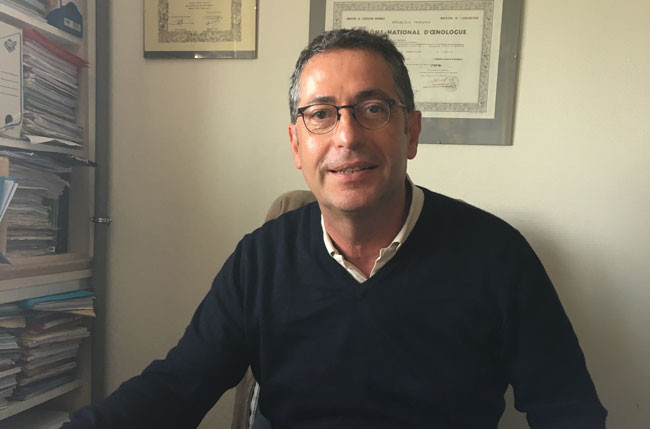
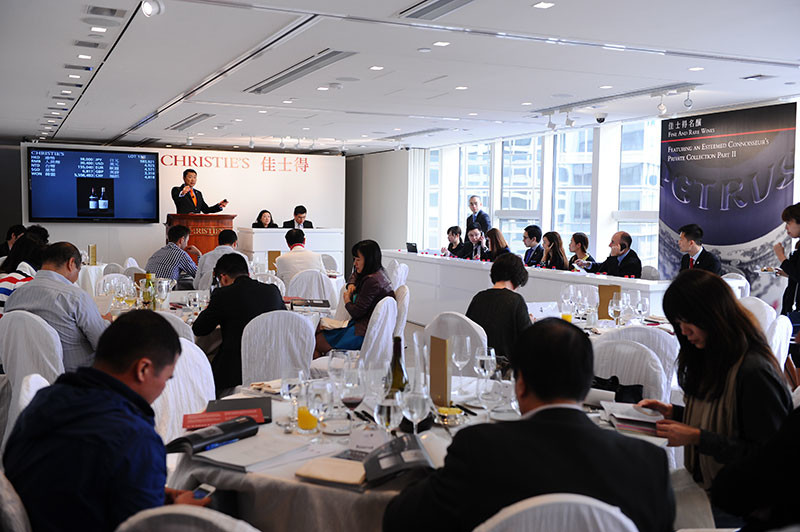
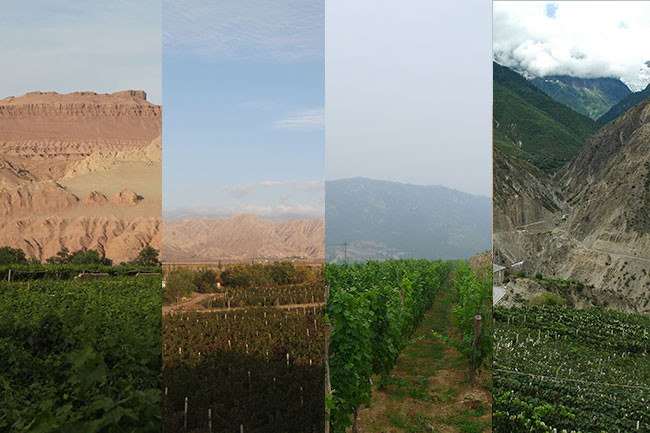
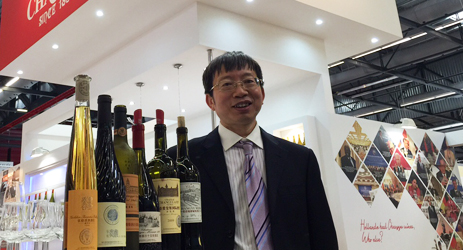
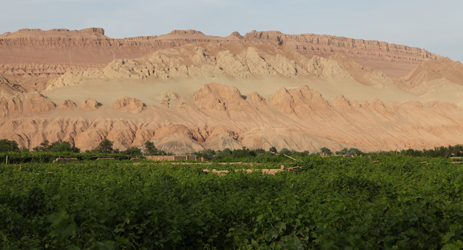
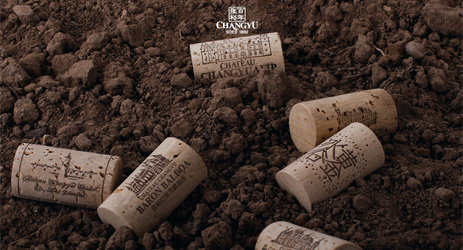
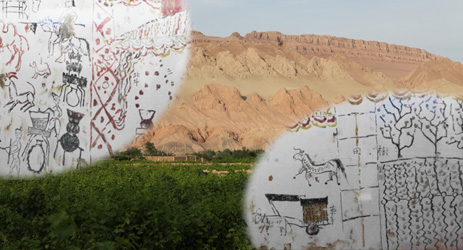
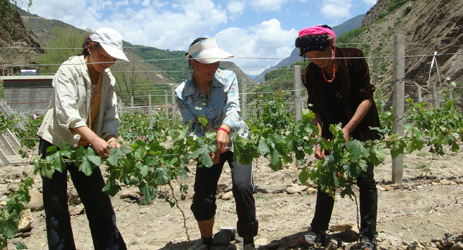
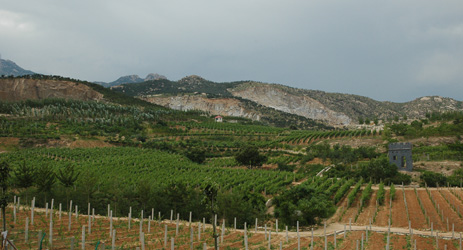
Comments
Submit